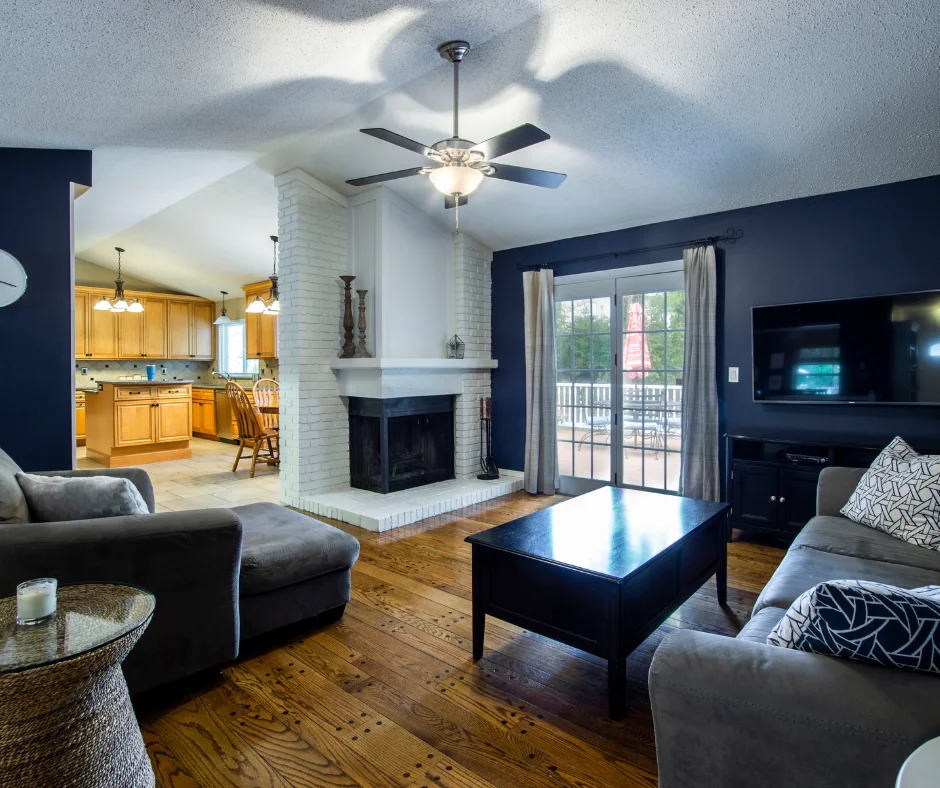Navigate the Buy vs. Rent Decision: Your Path to Homeownership Clarity
Feeling stuck between renting and buying? Let us guide you through the pros and cons, making homeownership feel less daunting and more exciting!

When it comes to securing a place to call home, one of the most significant decisions many individuals face is whether to buy a home or rent. This choice can be overwhelming, with various factors to consider that affect not just your finances but also your lifestyle and long-term goals. Understanding the nuances involved in this decision can provide you with the clarity you need to make the best choice for your situation.
Let’s dive into the essential aspects of buying versus renting a home and provide you with the insights necessary to navigate this critical decision-making process.
First, consider your financial situation. One of the primary differences between renting and buying is how your money is allocated. When you rent, you pay your landlord a monthly fee, which typically covers your living space but does not build equity. Rent payments can feel like a never-ending cycle, with no return on your investment. On the other hand, when you buy a home, your monthly mortgage payments contribute to your ownership stake in the property. Over time, as you pay down your mortgage, you build equity, which can be a valuable financial asset in the future.
However, it’s essential to look beyond just monthly payments. Homeownership comes with additional costs that renters do not have to worry about. Homeowners are responsible for property taxes, homeowners insurance, maintenance, and repairs. These expenses can vary significantly based on the property's age, location, and condition. Therefore, it is crucial to consider your budget comprehensively. Are you prepared to handle unexpected repairs or the regular upkeep of your home, or would you prefer the convenience of a rental property, where maintenance is typically the landlord's responsibility?
Next, think about your lifestyle and future plans. If you anticipate moving within the next few years due to work or family changes, renting might be the more sensible option. Renting provides flexibility that homeownership does not. You can often sign a lease for a year or two, allowing you the freedom to relocate without the hassle of selling a home. On the flip side, if you see yourself staying in one location for the long term—perhaps you have found a community you love or are starting a family—buying a home might be a more fitting choice. Homeownership often fosters stability, allowing you to create roots in your community.
Another vital consideration is the housing market in your area. Understanding market trends can play a significant role in your decision. If home prices are on the rise, buying sooner rather than later might save you money in the long run. In contrast, if rental prices are stable or declining, it might make sense to rent for the time being. Keep in mind that real estate is a long-term investment, and market fluctuations can impact the value of your home. Therefore, it’s beneficial to consult with a knowledgeable mortgage loan officer who can provide insights tailored to your specific market and help you understand how current conditions may affect your decision.
Additionally, think about your personal preferences. Do you dream of having a garden, painting walls, or making renovations? If so, owning a home may fulfill those desires, as it provides the freedom to personalize your space. In contrast, renting comes with limitations regarding customization and often requires adherence to the landlord’s rules. For many, the decision to buy may stem from a desire for independence and the ability to create a living space that reflects their unique personality and lifestyle.
As you weigh the pros and cons of buying versus renting, it’s crucial to evaluate your readiness for the responsibilities that come with homeownership. Are you prepared to handle the financial obligations and maintenance tasks associated with owning a home? Owning a home requires a commitment not just financially but also emotionally and physically. It can be a rewarding experience, but it is essential to ensure you are ready for this journey.
For those who are leaning toward buying, take the time to assess your credit score and financial health. A strong credit score can not only help you secure a mortgage but also potentially save you money in the form of lower interest rates. Working to improve your credit score, if necessary, can be an empowering step toward homeownership. Additionally, consider saving for a down payment; while some programs allow for lower down payments, having a substantial amount saved up can make the buying process smoother.
If you choose to rent, remember that this option still comes with opportunities to invest in your future. Renting can provide you with the flexibility to save for a down payment while enjoying the benefits of living in a home without the burdens of ownership. Use this time to strengthen your financial position, allowing you to make a more informed decision about buying when you feel ready.
Throughout this process, having the right support is paramount. A mortgage loan officer can be an invaluable resource, guiding you through the complexities of homeownership and helping you assess your financial readiness. They can provide clarity on your options, whether you decide to buy or rent, and lay out a roadmap tailored to your unique situation.
Ultimately, the decision to buy or rent is a personal one, and it’s essential to approach it thoughtfully. Take the time you need to consider your financial situation, lifestyle preferences, and future plans. You don’t have to navigate this path alone; reaching out to a skilled mortgage loan officer can provide you with the insights and guidance necessary to make a confident decision.
If you’re ready to explore your options further and discuss your specific needs, don’t hesitate to contact us. Our knowledgeable team is here to empower you on your journey to homeownership and help you find the clarity you seek.